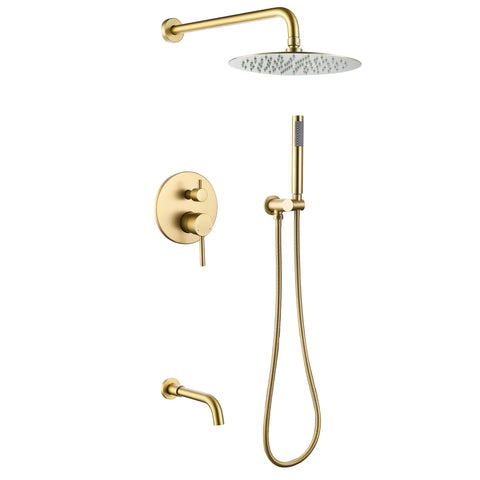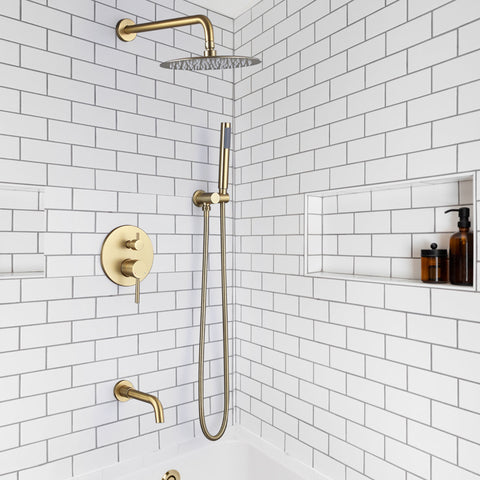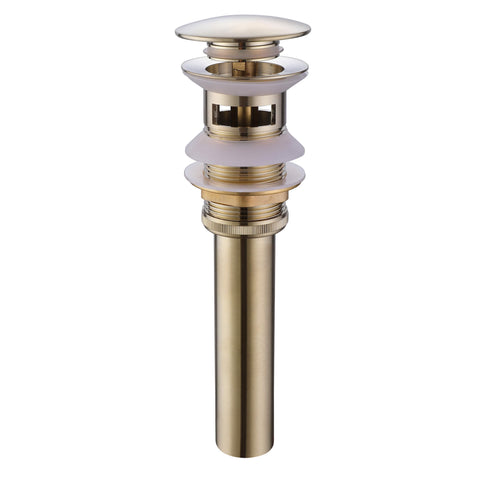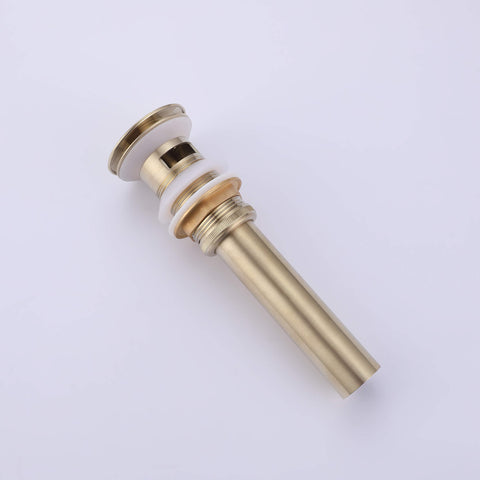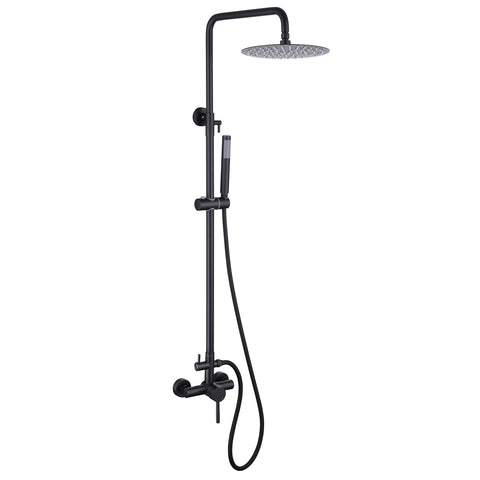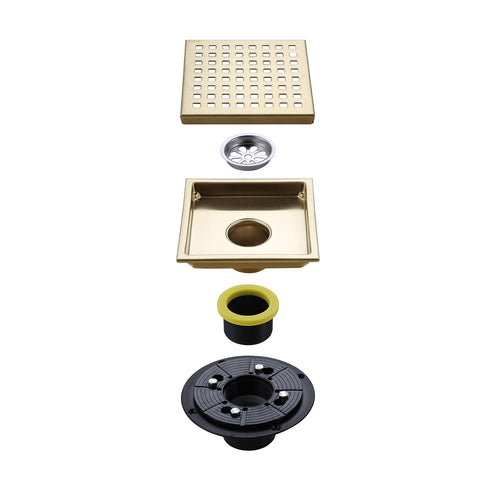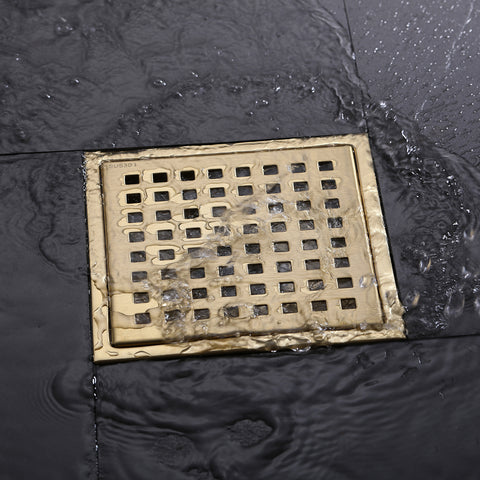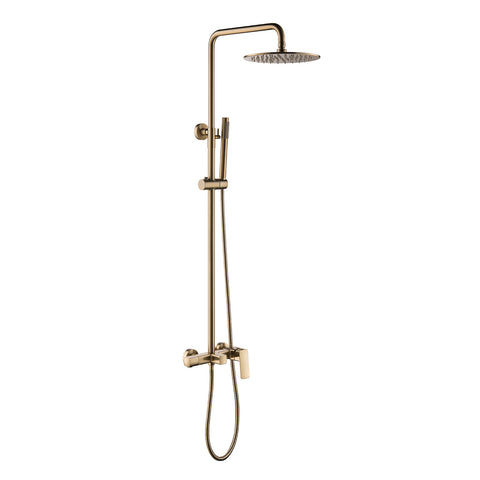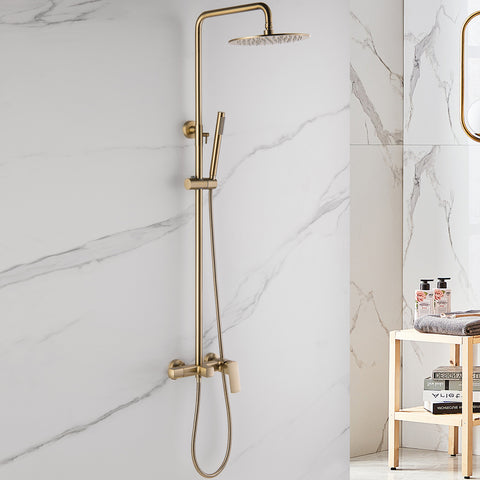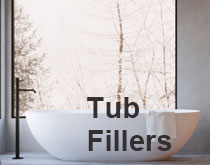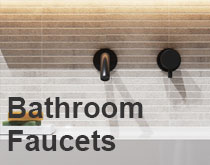How to Prevent Outdoor Showers Near the Ocean from Rusting?
Outdoor showers are a fantastic addition to any seaside property, providing a convenient way to rinse off salt and sand before heading indoors. However, the salty, humid air in marine environments poses a significant challenge: rust. Rust can quickly deteriorate the metal components of your shower, reducing its lifespan and aesthetic appeal. Here are some effective strategies to prevent rust on outdoor showers near marine environments:
Choose Rust-Resistant Materials
One of the most effective ways to prevent rust is by selecting materials that are inherently resistant to corrosion. Stainless steel, aluminum, and certain types of treated wood are excellent choices for outdoor showers. Stainless steel, particularly grades like 304, offers high resistance to rust and corrosion, making it ideal for marine environments.
Protective Coatings
Applying protective coatings to metal surfaces can significantly extend the life of your outdoor shower. Here are some options:
- Galvanization: This process involves coating the metal with a layer of zinc, which acts as a barrier against moisture and oxygen, preventing rust.
- Powder Coating: This dry finishing process involves applying a powder, which is then cured under heat to form a hard, protective layer. Powder coating is highly durable and resistant to chipping, scratching, and fading.
- Anti-Rust Paints and Sealants: Specialized anti-rust paints and sealants can provide an extra layer of protection. These products are designed to adhere to metal surfaces and form a barrier that prevents moisture from reaching the metal.
Regular Maintenance and Cleaning
Regular maintenance is crucial for preventing rust, especially in harsh marine environments. Here are some maintenance tips:
- Rinse with Fresh Water: After each use, rinse the shower with fresh water to remove salt residues. Salt accelerates the rusting process, so removing it can help extend the life of your shower.
- Dry Thoroughly: After rinsing, dry the shower thoroughly to remove any remaining moisture. Pay special attention to joints and crevices where water might accumulate.
- Inspect Regularly: Regularly inspect the shower for any signs of rust or corrosion. Early detection allows for prompt treatment, preventing further damage.
Use Sacrificial Anodes
Sacrificial anodes are highly reactive metals, such as zinc or magnesium, that corrode instead of the metal they are protecting. Installing sacrificial anodes on your outdoor shower can help protect it from rust. The anodes will corrode over time, and once they are fully corroded, they can be replaced.
Location and Design Considerations
The location and design of your outdoor shower can also play a significant role in preventing rust. Consider the following:
- Sheltered Location: Position the shower in a sheltered location, away from direct exposure to sea spray and heavy winds.
- Proper Drainage: Ensure the shower has proper drainage to prevent standing water, which can accelerate rusting.
- Minimal Metal Use: Design the shower with minimal use of metal components, opting for alternative materials like treated wood or composite materials where possible.
Use of Corrosion Inhibitors
Corrosion inhibitors are chemicals that, when applied to metal surfaces, form a protective film that prevents moisture and oxygen from reaching the metal. These can be particularly useful for treating small or hard-to-reach areas.
Conclusion
Preventing rust on outdoor showers in marine environments requires a combination of material selection, protective coatings, regular maintenance, and strategic design. By taking these proactive steps, you can ensure that your outdoor shower remains functional and visually appealing for many years, despite the challenging conditions of a seaside location. Investing in rust prevention not only enhances the longevity of your outdoor shower but also contributes to the overall enjoyment and value of your property.
